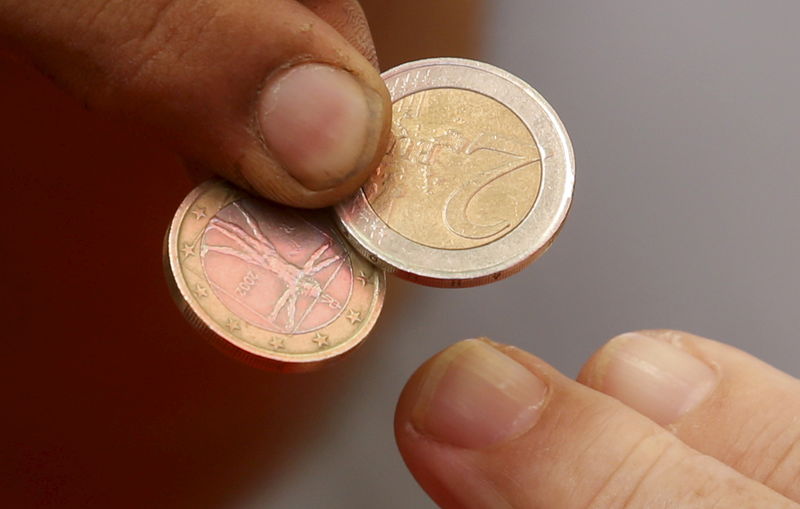By Naomi Tajitsu
WELLINGTON (Reuters) - The euro fell broadly on Monday on fading optimism that Greece can secure more funding to stay afloat as its European partners demanded tough reforms from the heavily indebted country which is teetering on the verge of bankruptcy.
The single currency <EUR=> fell more than 0.5 percent to $1.1090 according to Reuters data, as Greece's 18 euro zone partners demanded it push legislation through parliament before starting negotiations on a third bailout programme.
The euro shed 0.3 percent to 135.45 yen (EURJPY=R) and eased to around 1.0425 Swiss francs (EURCHF=R) from 1.0480 francs late on Friday as ongoing uncertainty about Greece's future in the euro zone prompted investors to dump the euro for currencies considered to be safe havens.
A draft decision from Eurogroup finance ministers showed demands for Greece to enact tough tax and pension reforms before financial aid talks can begin. It also included a German proposal to make Athens take a "time-out" from the euro zone if it failed to meet the conditions for a loan.
As the latest bailout talks entered a third week, traders said the uncertainty could prompt more selling of the euro.
"The euro zone meeting has broken up and we don't know much more other than it looks a lot worse than it did on Friday," said Tim Kelleher, head of institutional FX sales at ASB bank in Auckland.
The euro reversed gains made late last week, when the currency rose to $1.1215 as investors bet that Athens would forge a debt deal with its European creditors, while a rebound in Chinese shares had prompted demand for riskier assets.
But as euro zone finance ministers failed to reach a final agreement on a bailout package at the weekend meeting amid fraying tempers among members, markets braced for more uncertainty in the coming days.
Analysts said they expected the euro to bob around the $1.10-$1.12 region as investors waited to see whether Greek Prime Minister Alexis Tsipras would be able to pass the proposed austerity package amid opposition from his leftist coalition.

"I don't think we are going to get a move of more than 2 percent (in euro/dollar)," said Adam Myers, senior FX strategist at Credit Agricole (PARIS:CAGR) in London. "However, if there are signs that Greece is going to go out (of the euro zone), then we could have a bigger move."